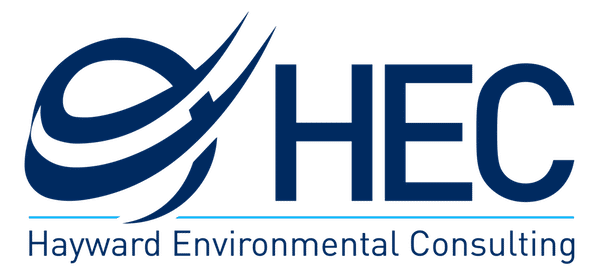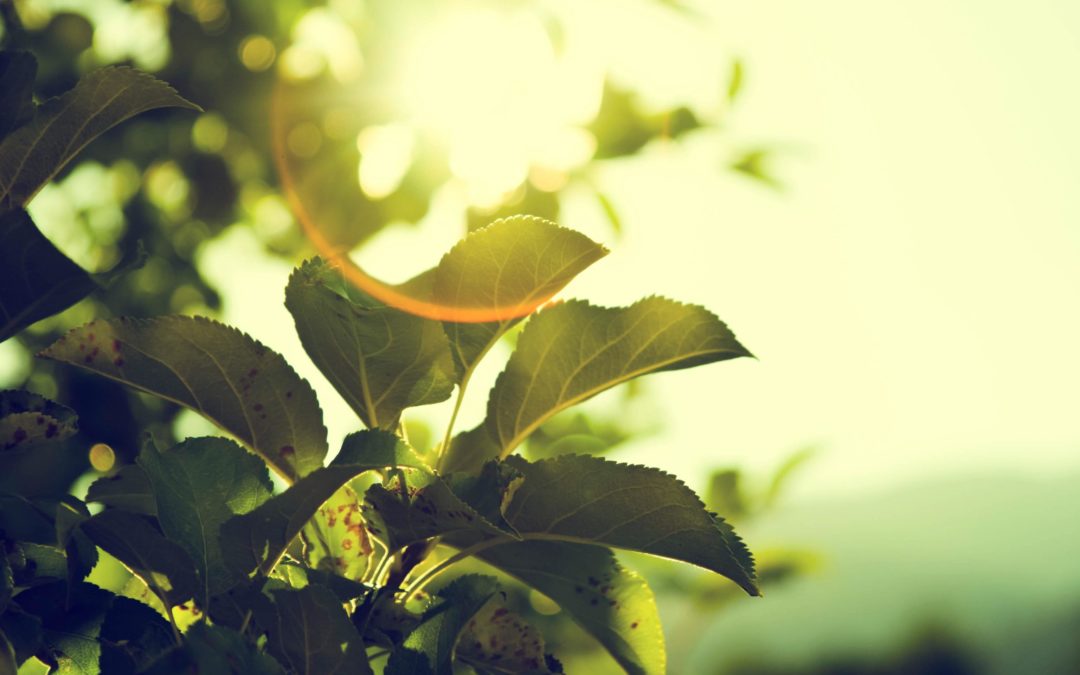Human waste is a topic that many people rarely think about, especially when considering what happens to it afterwards. After humans dispose of waste, sewage treatment plants are there to remove harmful parts of the sewage, and chemicals are added to kill as much harmful bacteria as possible. However, what many people don’t realize is that there’s even more that can be done to help the environment through this process.
Unfortunately, for some areas, human waste is just taken to a dumping site instead of going through proper treatment. As you can imagine, this doesn’t provide the most pleasant smell for anyone nearby. Lavender Hill in Accra, Ghana was one of those places that continuously dumped their sewage onto a nearby beach. Residents were constantly faced with the stench of this unwanted waste, which wasn’t healthy or safe for anyone.
In 2017, Accra created their first modern fecal treatment plant. While this helped put an end to the dumped waste, those involved decided that there was more they could do to help. They found a way to reuse human waste and turn it into green energy, not only removing the unhealthy aspects of the sewage, but using it to make the area healthier for people and the environment.
How Can Waste be Turned into Green Energy?
Reusing human waste is revolutionary because the resources within the waste can be utilized in many different ways so that nothing is unused and put into a landfill. The biogas that’s captured from the decomposing sewage can be used to power the entire plant. In addition, treated greywater can be used to clean the plant, and the extra water can be pumped to a nearby water source, which could benefit the local ecosystem.
Even the sludge by-product from this process can be used for compost and can be made into charcoal. This type of charcoal can burn better than wood, and it can save trees in the process. Everyone eats and goes to the bathroom on a regular basis, so this unique charcoal is the perfect opportunity to recycle that waste. This process makes the environment safer and more sustainable.
There are plenty of opportunities to reuse the elements found throughout the sewage treatment process. Accra is one of the first places to take on this new process by generating green energy from the resources found in sewage. Hopefully, this is a process that will soon become the norm.
Should This Method be Used More Often?
The thought of reusing human waste can be unsettling for some people, but it really is a method that should be used more often. For places like Accra, recycling waste not only helps the environment, but it keeps everyone safer. Of course, not all places are as extreme as Lavender Hill used to be, but every place could benefit from reusing the elements in sewage to help the environment.
In order to reuse more human waste, more structures need to be built for this purpose. This is one of the reasons that many places are hesitant when it comes to turning human waste into green energy, because the cost for creating these plants is fairly high, and not everyone is okay with the idea of reusing waste for everyday items such as charcoal. However, the reality is that the positives greatly outweigh the negatives in this situation, so more places should consider at least using some of these methods of reusing human waste.
When it comes to human waste, the more that’s reused, the better. Waste is often disposed of in ways that aren’t healthy for the environment. In fact, it’s often a waste of a valuable resources. Treatment plants have even slowly begun to start using cow manure for energy, so it makes sense that human waste should be used the same way. Why try to dispose of sewage when it can be used to help our environment? All waste should be properly disposed of in order to help the environment as much as possible, which is why Hayward Environmental Consulting is here to help. We can assist you with properly disposing of hazardous waste, and we follow strict protocols to ensure that the environment can be protected as much as possible. Contact us today to discuss your waste management needs.

